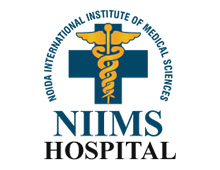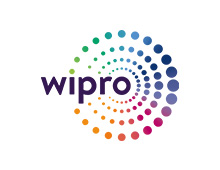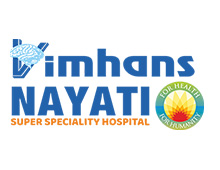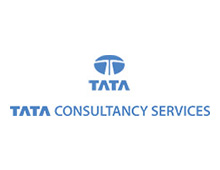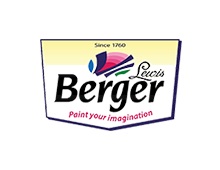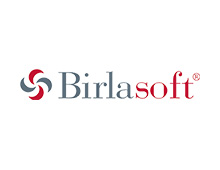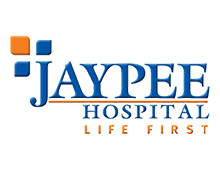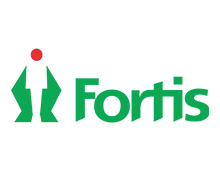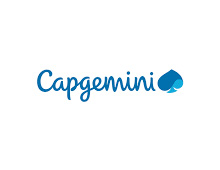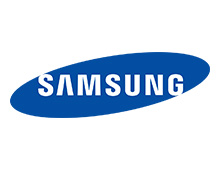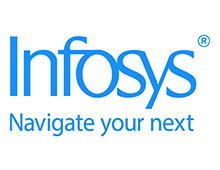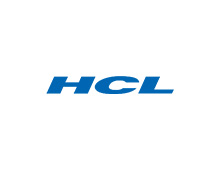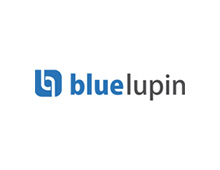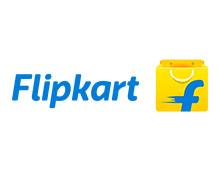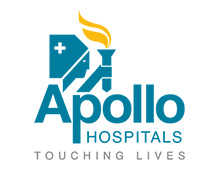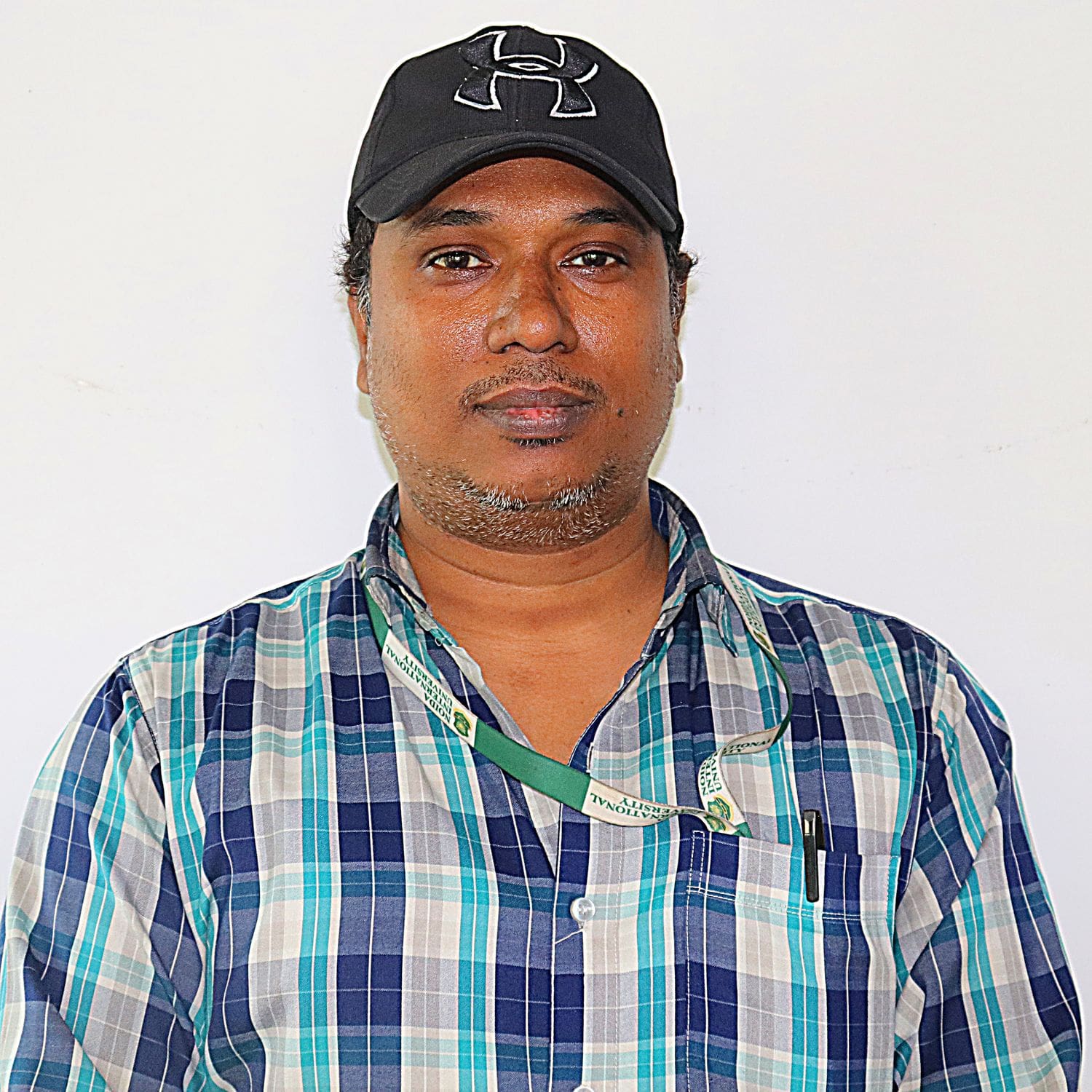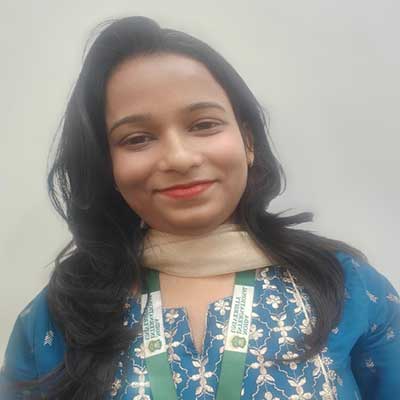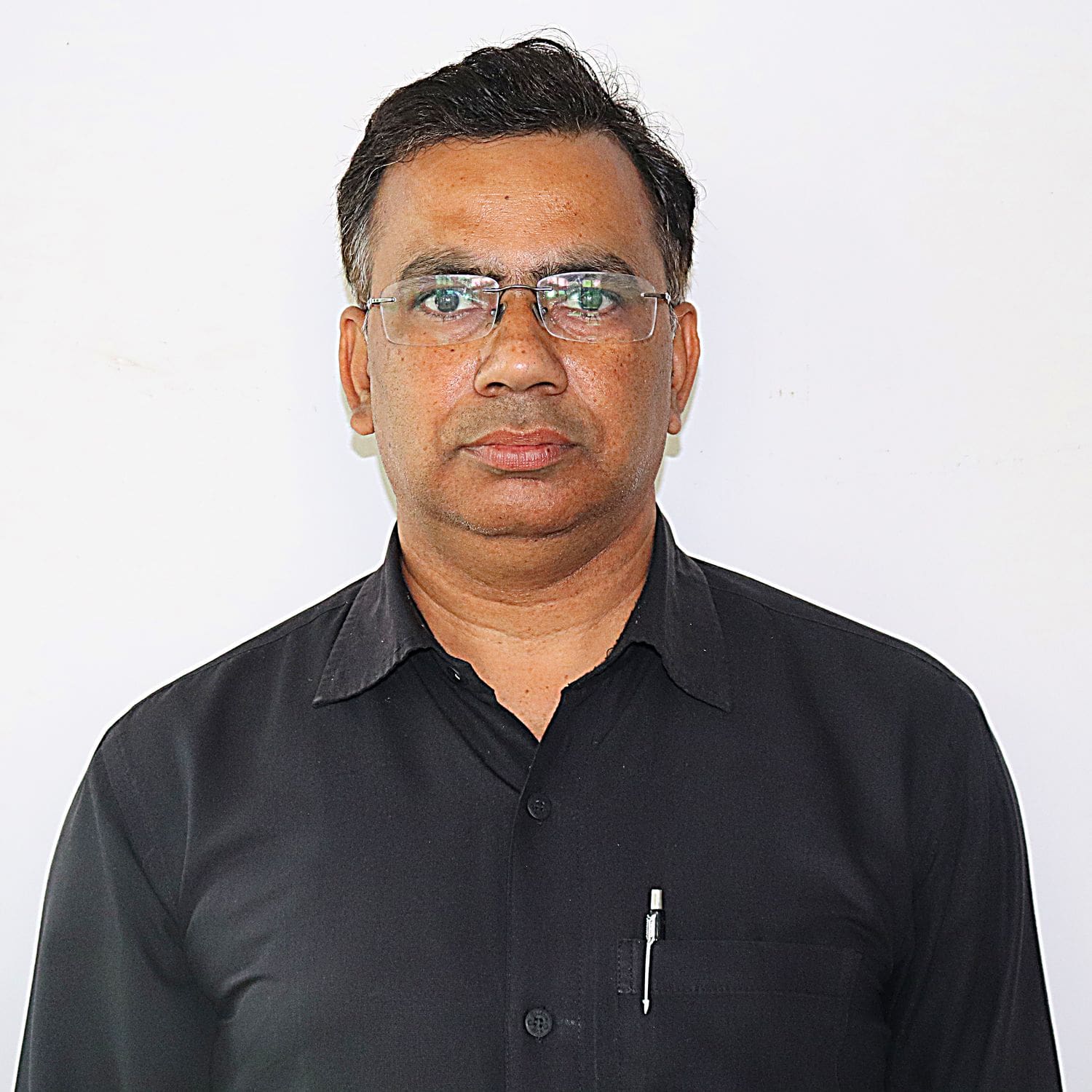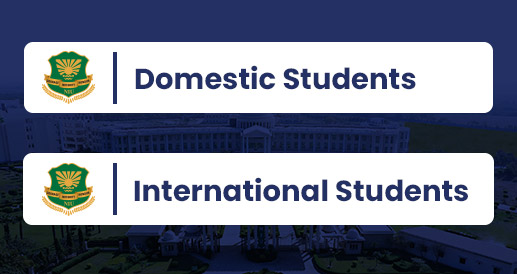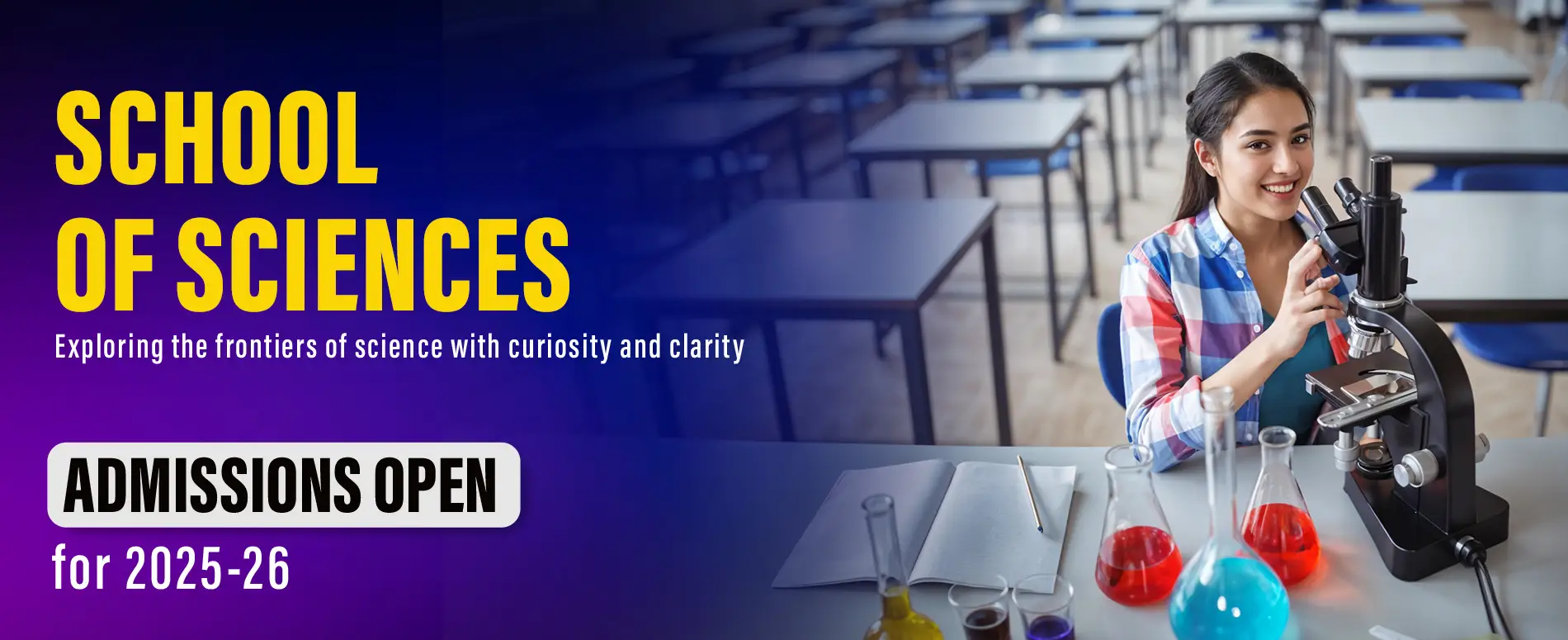
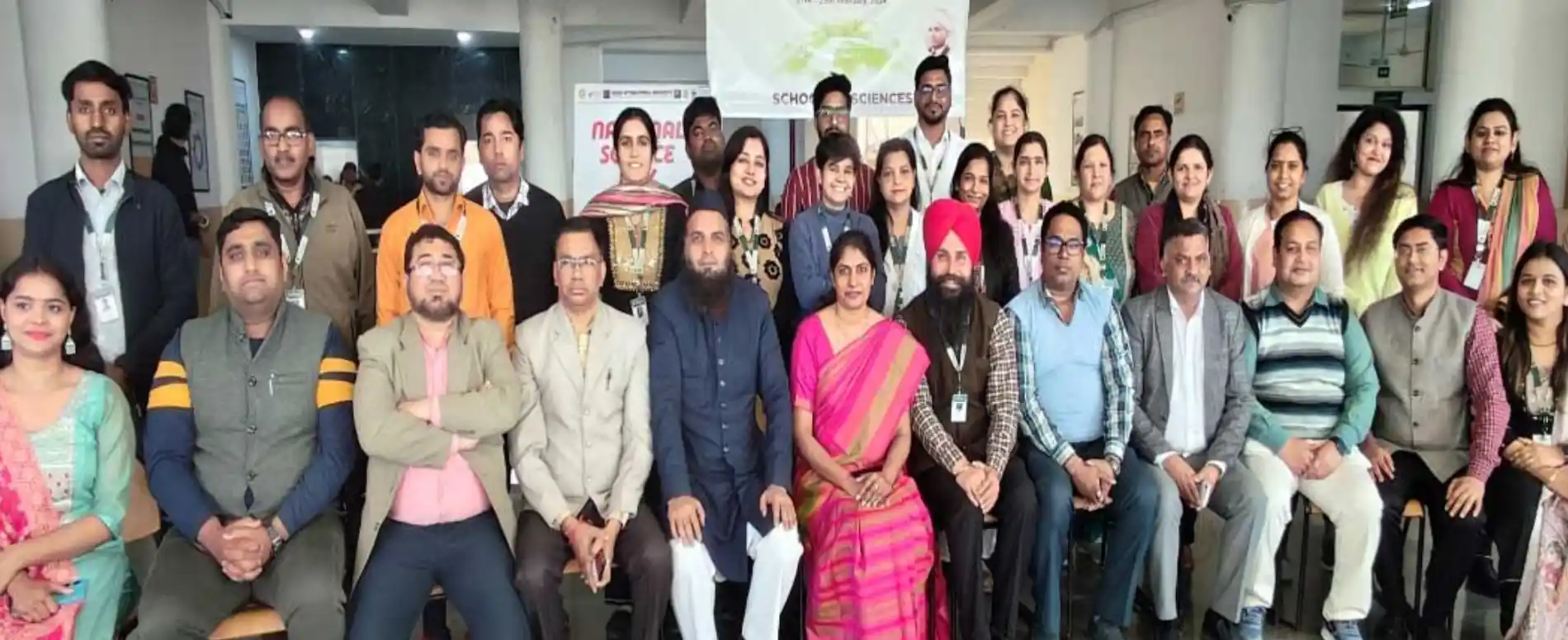
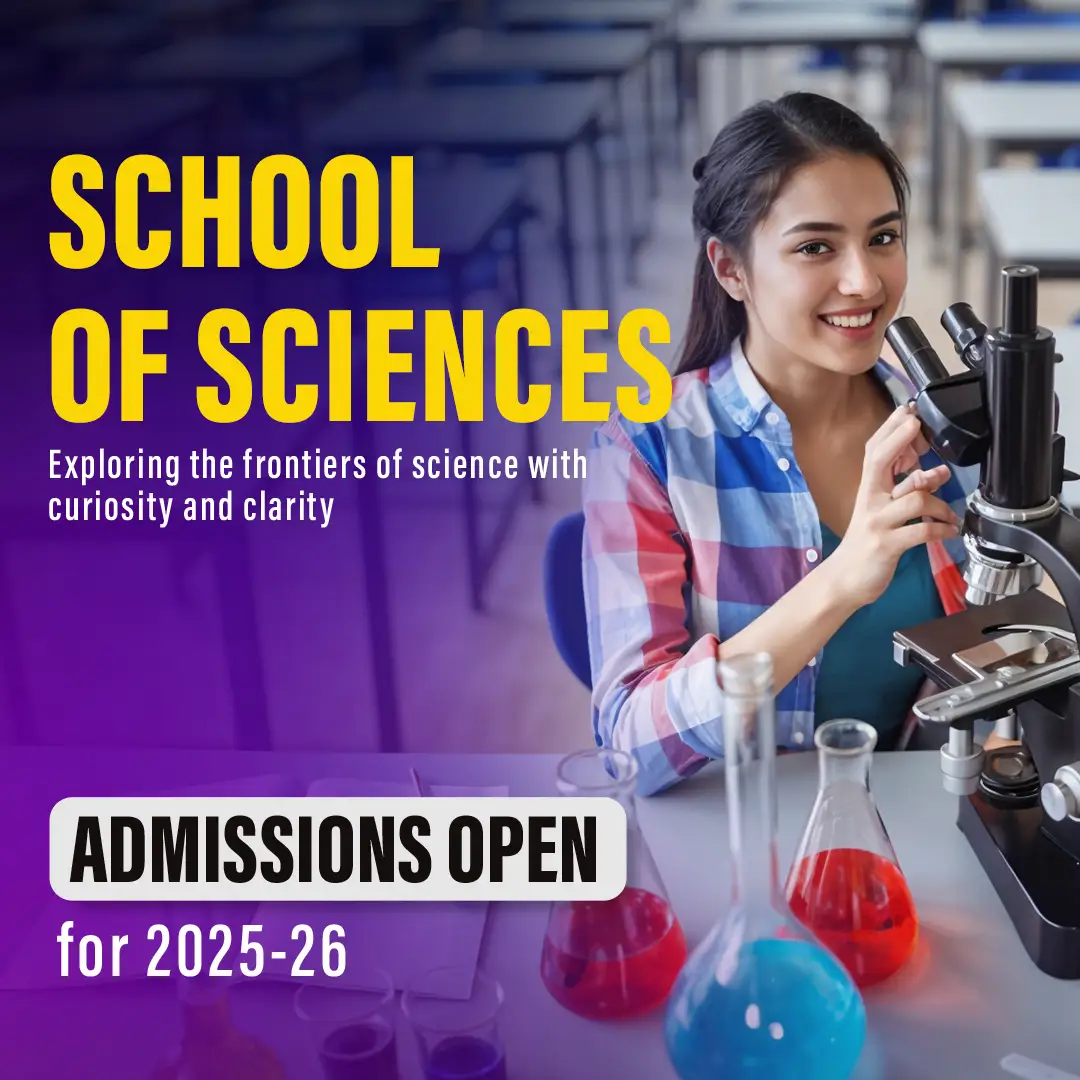
About School of Science
The School of Sciences started with the challenge of imparting good-quality theoretical and practical education in different disciplines of Science. The School comprises of seven diverse departments with graduate and postgraduate programs. Through our diverse teaching programs, we aspire to prepare professionals in the skills of the discipline and to equip students to contribute to rational debate and planning in society on the many aspects of biotechnology, microbiology, agriculture, physics, computer science, chemistry, mathematics, and the natural environment. The emphasis is on the interactive teaching and learning process through tutorials, presentations, demonstrations, and discussion-based teaching. Our mission is conducting excellent research and creating the next generation of science talent. The core objective of the school is to impart students with logical thinking, analytical reasoning, and problem-solving skills in the area of Sciences. To equip them with more scientific technological skills in order to meet the growing demand in the industrial and research sectors.
Dean's Message
I welcome you on behalf of the School of Sciences at Noida International University and thank you for showing your interest in us. We, at the School of Sciences, have plans to strive to bring a global perspective to all its programmes and activities. The latest technologies are employed for effective delivery. On the one hand, we focus on examining what is really going on in the education sector at all levels, while on the other hand, we question how things should be in education and what should really be taught.
Hoping to work together and be aware of the fact that the future is hosting our best work, most qualified researchers, and best teachers while we are constantly being nourished from our culture as well as our university’s deep-rooted past experience.
I welcome you to visit our campus located in Greater Noida and interact with our students and faculty members to know more about the University and our activities.
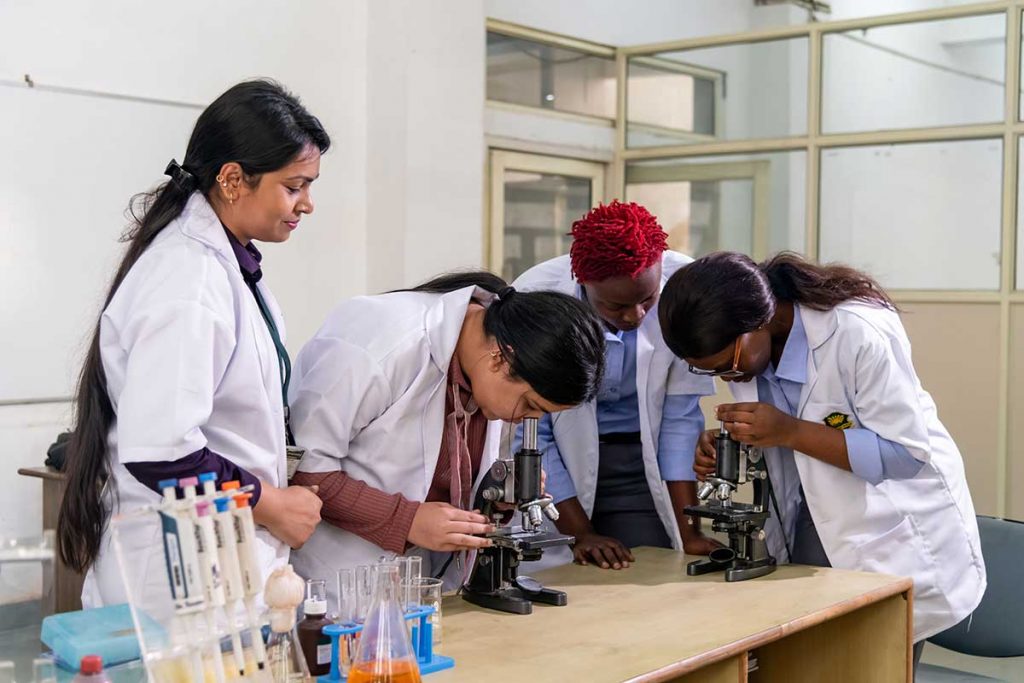
Key Highlights of the School:
- Faculty members with rich global experience.
- All programs’ curriculum is NEP-2020 enabled.
- A wide range of core and open elective courses to cater to industry requirements.
- Soft courses offered: Environmental Science, Quantitative Aptitude, Management, Ethics and Values, and Communicative English.
- Constant reviewing of academic/research programs to incorporate emerging areas.
- Well-equipped labs for hands-on training and research for Undergraduates and Postgraduates.
- Quantitative aptitude sessions for competitive exams.
- Encourage research in multidisciplinary areas to produce cutting-edge technologies.
- Collaborate with industry and research institutions for holistic development and growth.
- Placement cell to support careers in India and abroad.
- Offer different platforms to improve the learning capabilities.
- Imbibing new ideas through educational visits.
- Strong mentoring for individual proficiency.
- Organise scientific events (seminars, conferences) and academic meetings (invited lectures) with a view to providing exposure and interaction in the scientific community.
Our Events
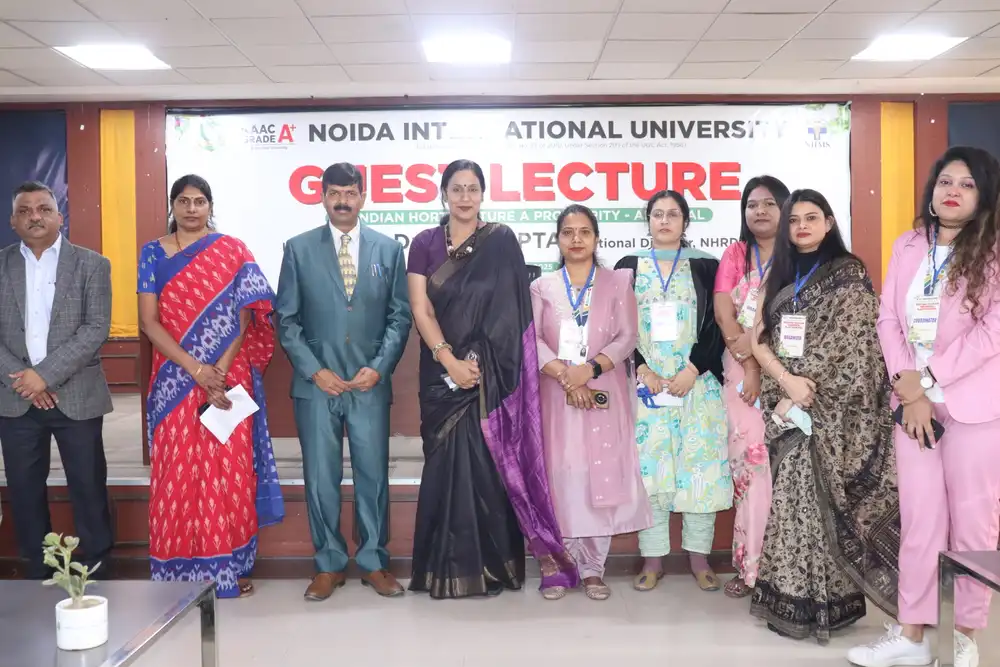
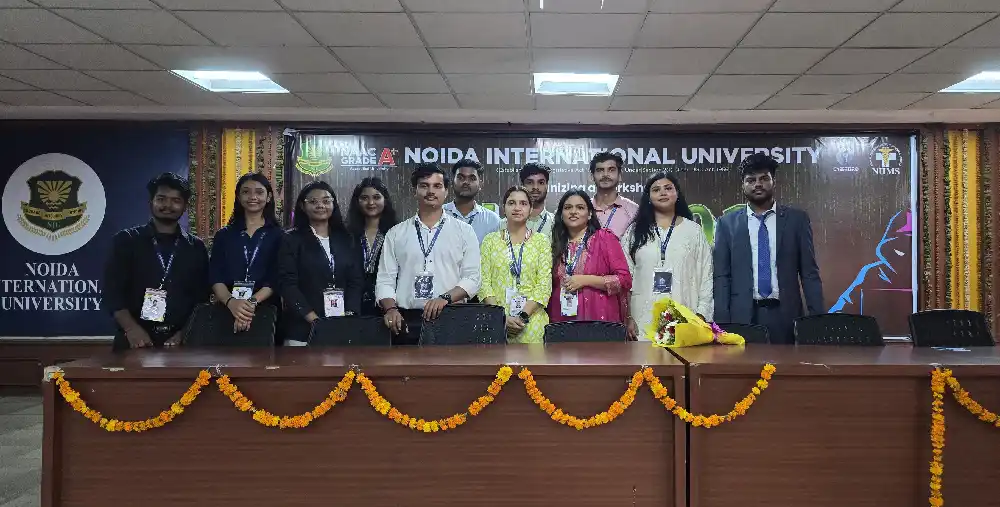
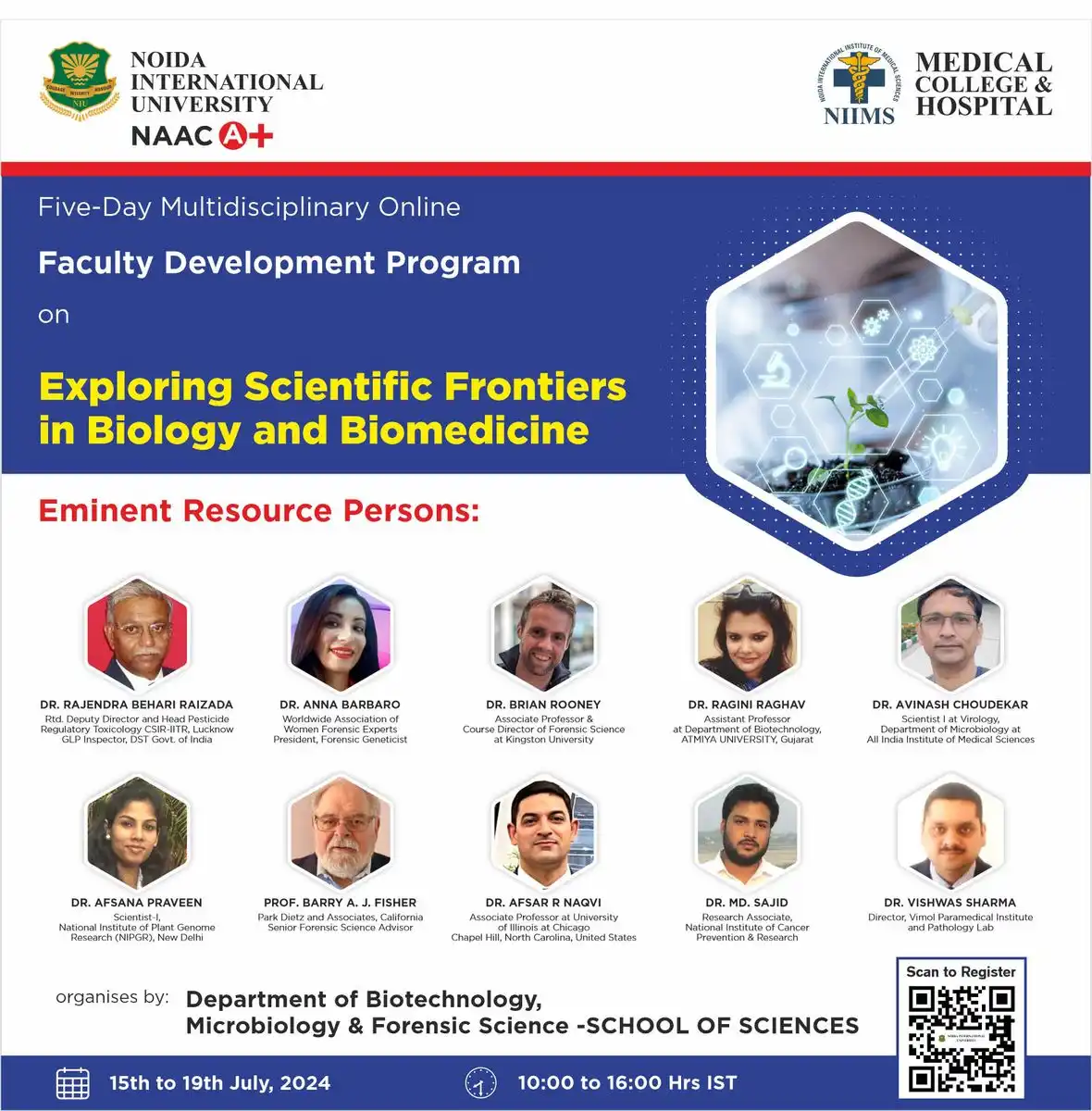
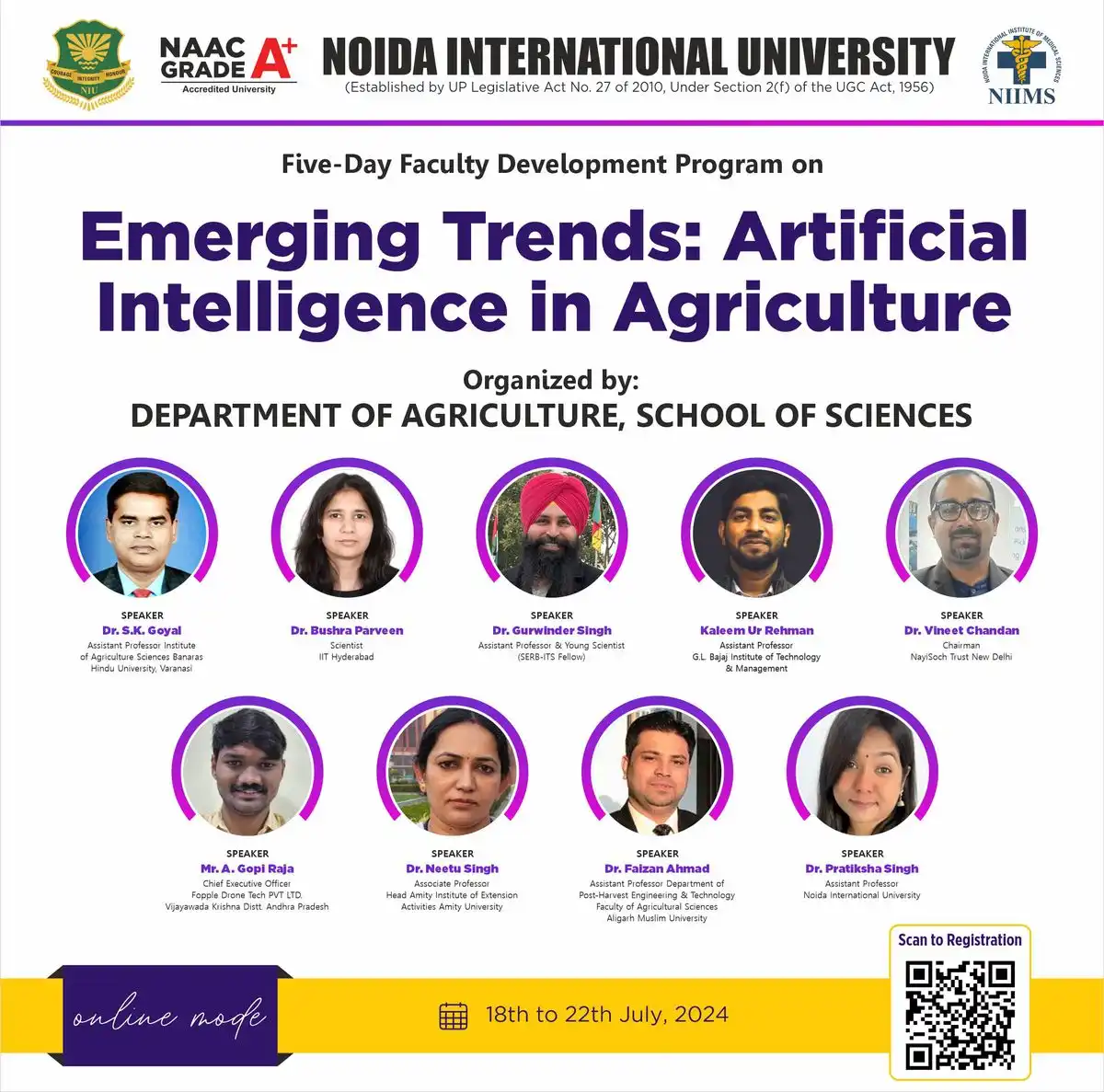
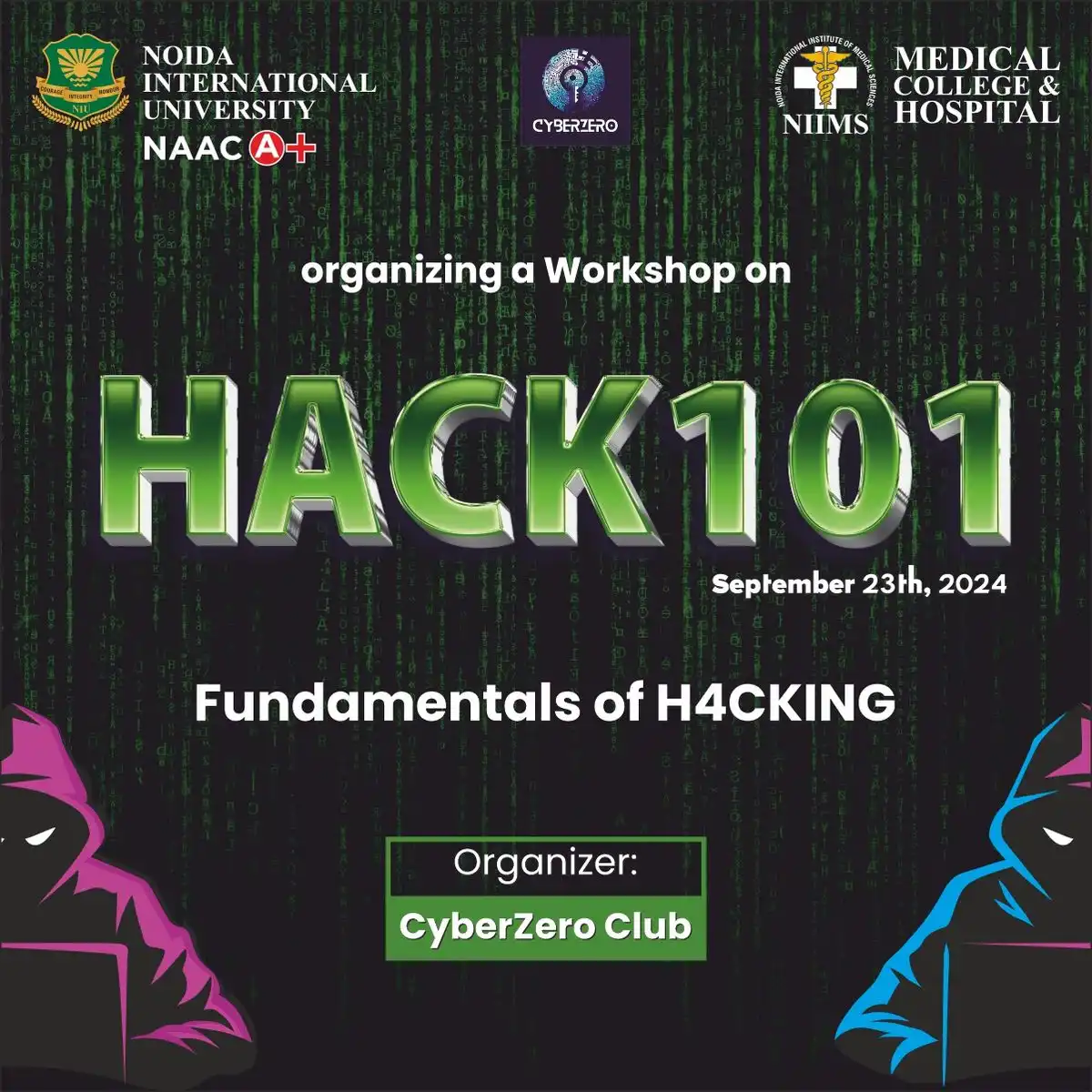
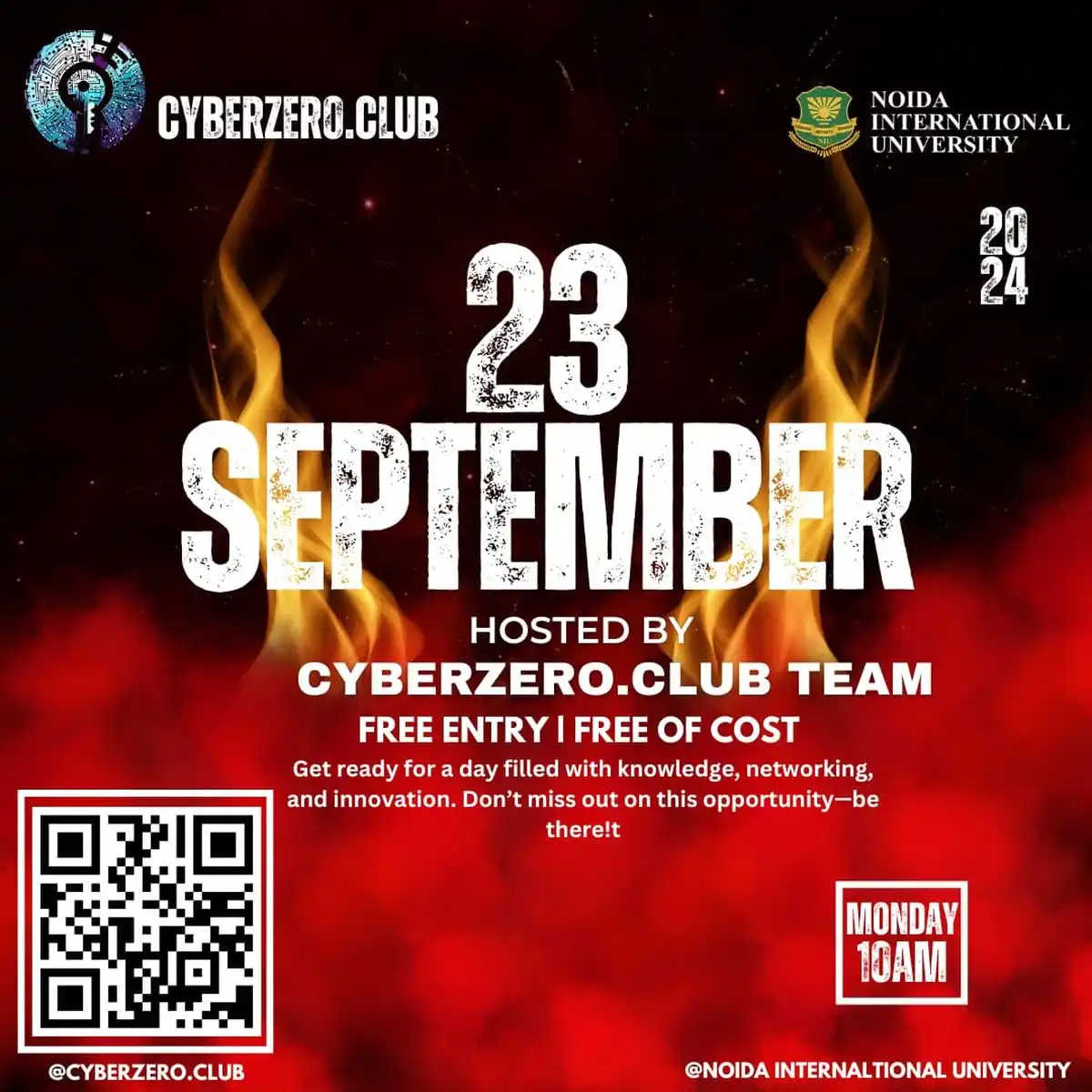
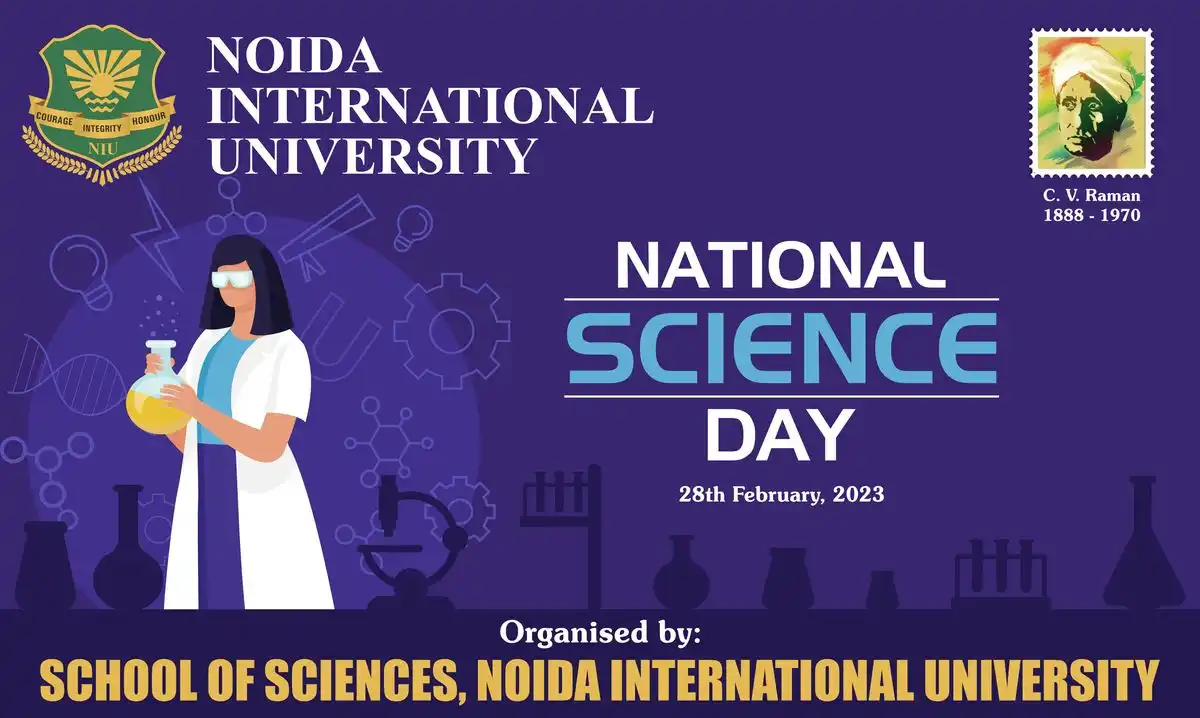
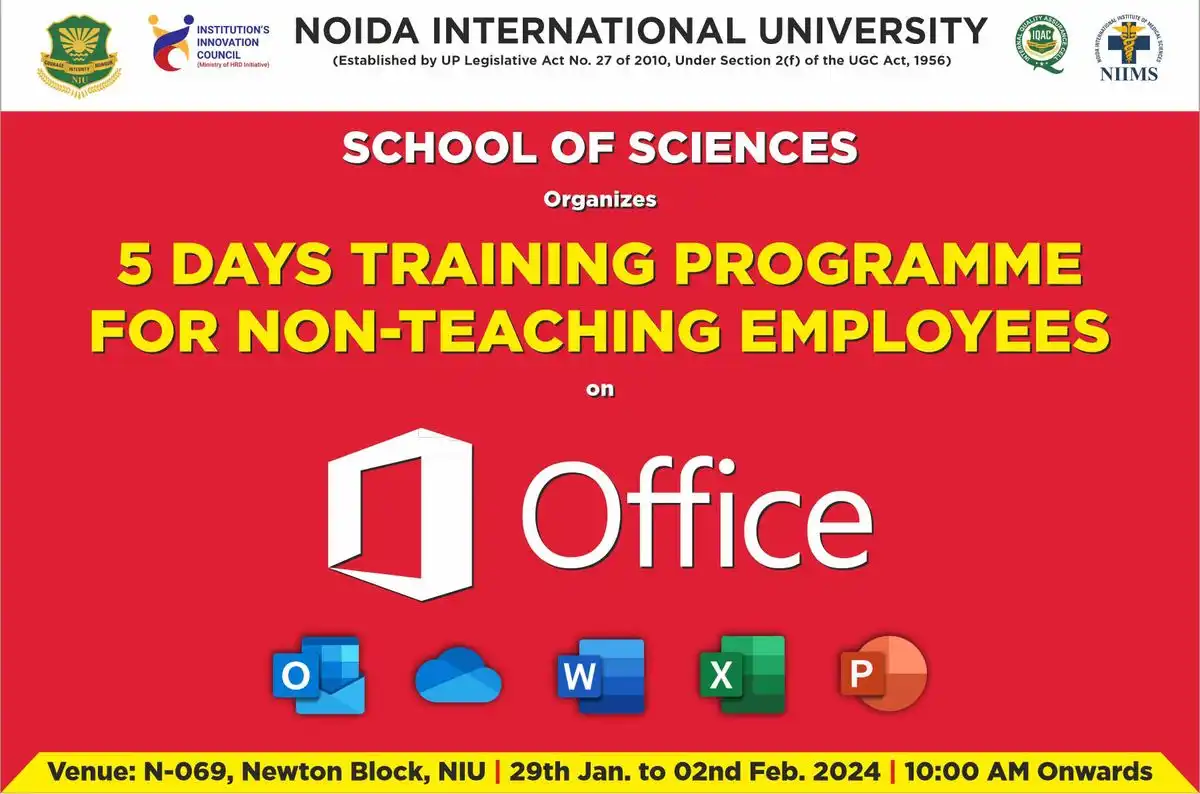
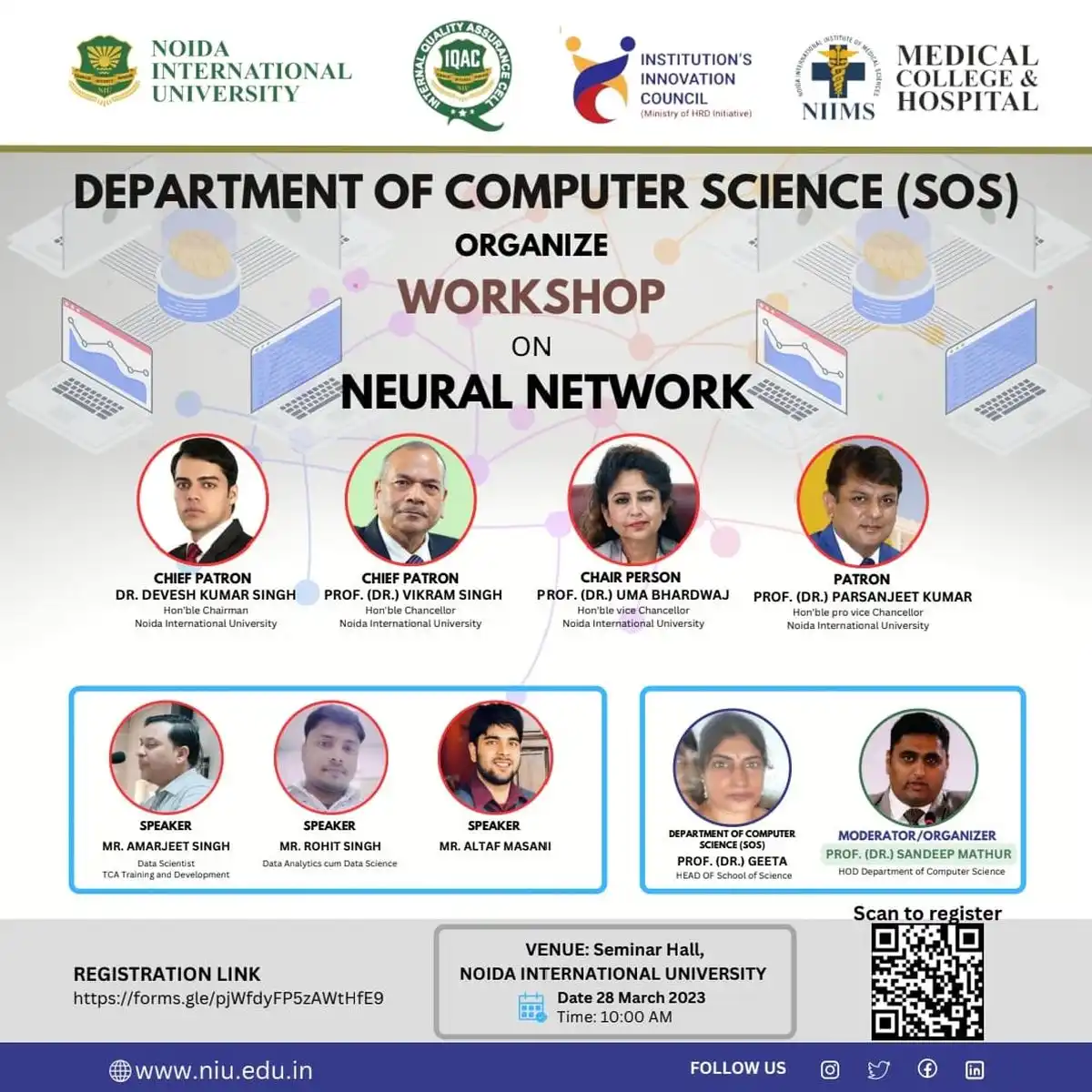
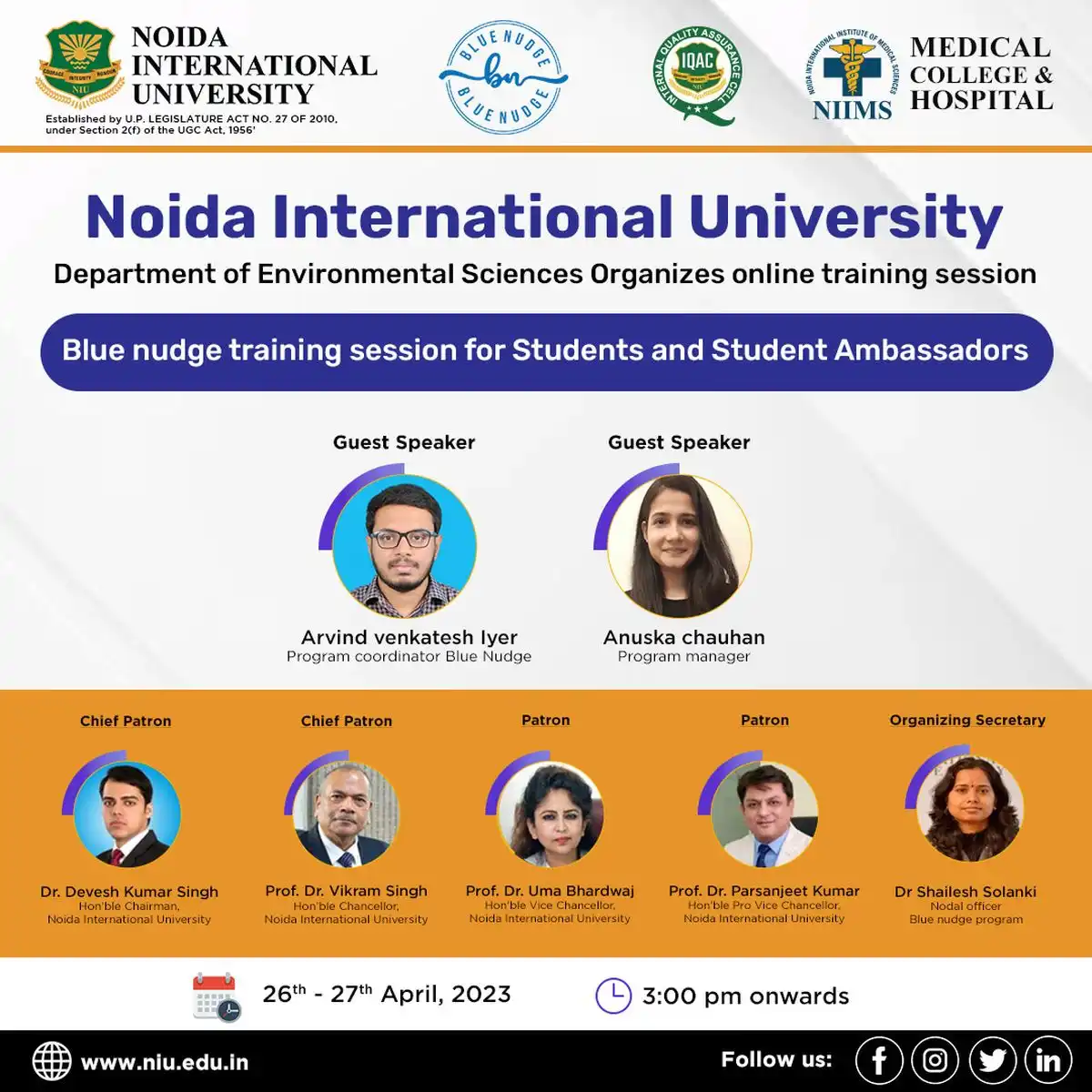
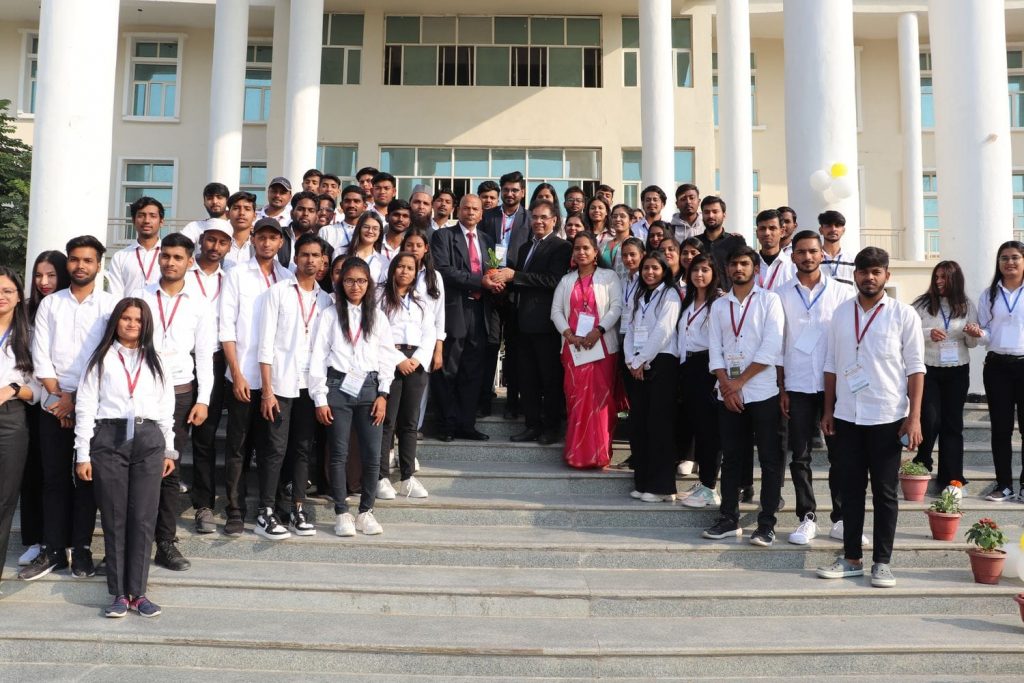
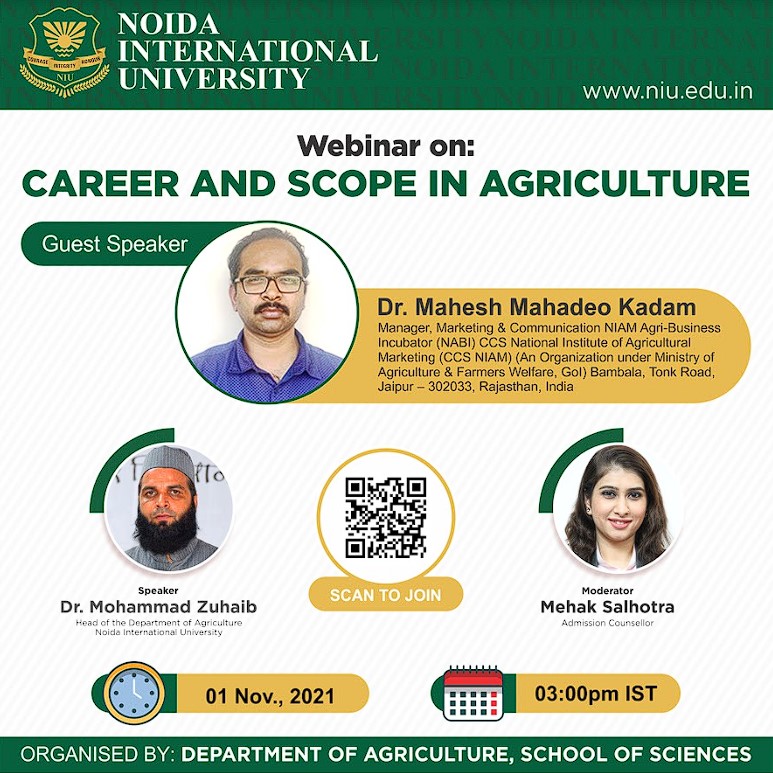
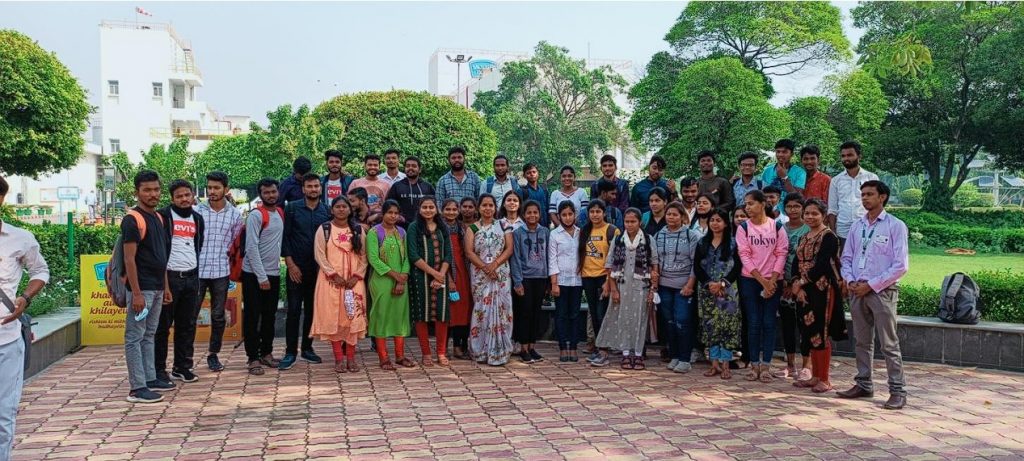
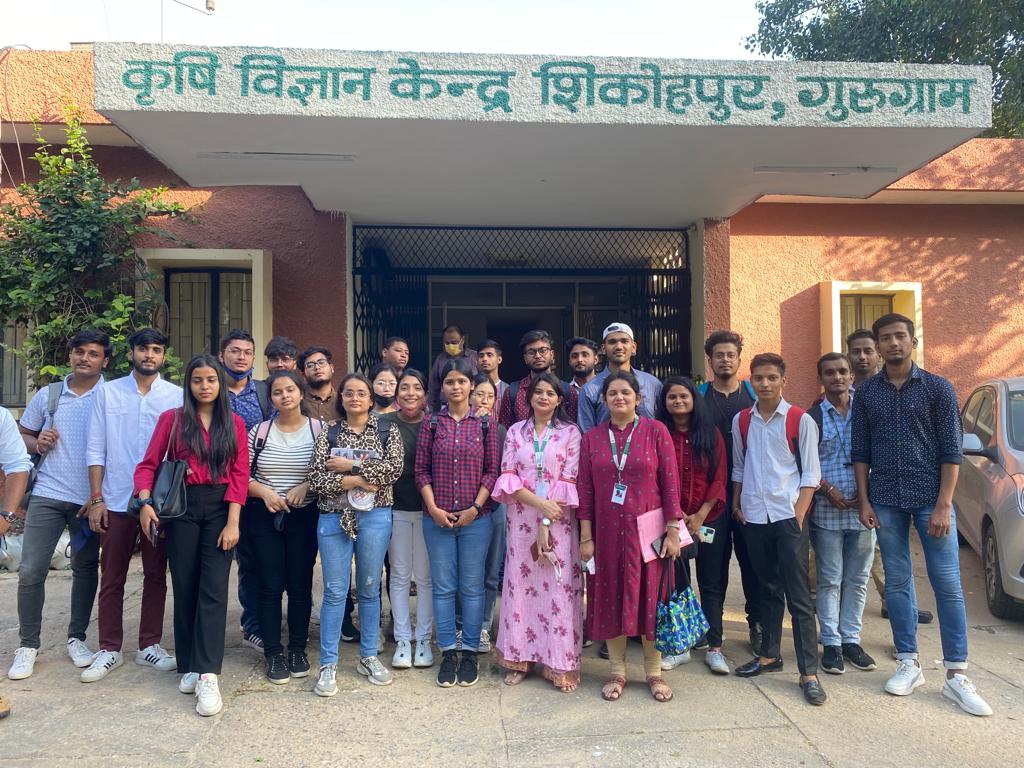
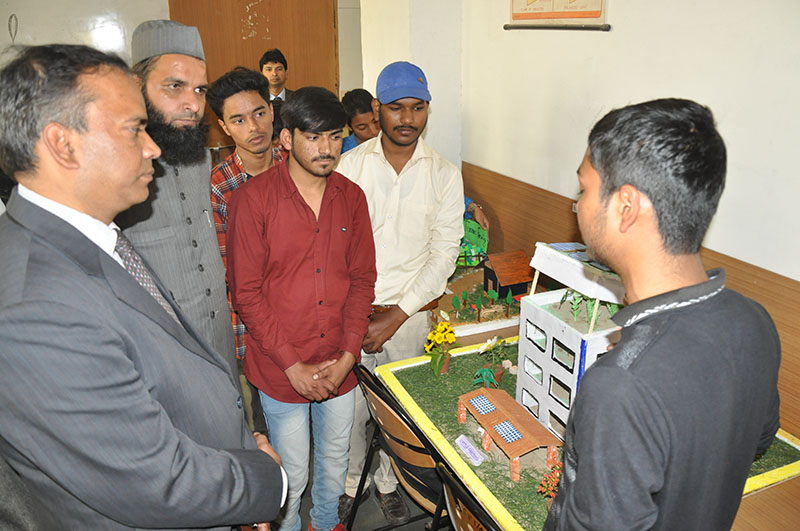
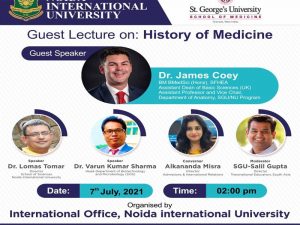
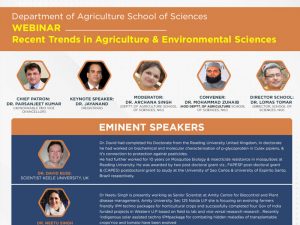
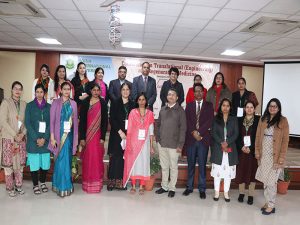
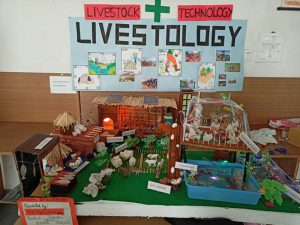
Programmes Offered
| PROGRAM | COURSE | ELIGIBILITY | DURATION | IST YEAR FEE | IIND YEAR FEE | IIIRD YEAR FEE | IVTH YEAR FEE | VTH YEAR FEE | FULL COURSE FEE | Enquire Now |
| B.Sc (Hons.) | Bachelor of Science with specialization in Biotechnology/Microbiology/Information technology | Pass in 10+2 in Science Stream or any equivalent examination with any three subjects from amongst Physics, Chemistry, Biology, Mathematics, Information Technology with an aggregate of 50% marks and above. | 3 or 4 | 90000 | 72100 | 74300 | 76600 | N/A | 313000 | Enquire Now |
| B.Sc-FS | Bachelor of Science with specialization in Forensic Science | Pass in 10+2 in Science Stream or any equivalent examination with any three subjects from amongst Physics, Chemistry, Biology, Mathematics, Information Technology with an aggregate of 50% marks and above. | 3 or 4 | 104000 | 86800 | 89700 | 92800 | N/A | 373300 | Enquire Now |
| B.Sc -AG | Bachelor of Science in Agriculture | Pass in 10+2 with minimum 50% marks in PCM/PCB. | 4 | 90000 | 72100 | 74300 | 76600 | N/A | 313000 | Enquire Now |
| M.SC. | Master of Science with specialization in Biotechnology/Microbiology/Information technology | Pass in B.sc or B.sc(Hons) with minimum 50% marks in relevant subject | 2 | 81000 | 83600 | N/A | N/A | N/A | 164600 | Enquire Now |
| BCA | Bachelor of Computer Applications | Minimum 50% marks in 10+2 in any relevant stream with English as a mandatory subject | 3 or 4 | 105500 | 88500 | 91500 | 94500 | N/A | 380000 | Enquire Now |
| MCA | Master of Computer Applications | 50% aggregate marks in BCA or B.Sc. (Computer Science) or B.Sc. (Information Technology) or any Graduation with Computer Science as a subject for three years OR with (Mathematics or Statistics or Business Maths or Business Statistics as one of the subjects at Graduation or 10+2 level) or equivalent | 2 | 124000 | 128800 | N/A | N/A | N/A | 252800 | Enquire Now |
Note:
- INR 10,000 one-time refundable security fee.
- Scholarships are applicable only on tuition fees for the first year.
- An additional INR 2,500 to be paid in the end semester for the award of degree
Syllabus
- BCA
- BSc (Agriculture Honours)
- BSc (Biotechnology Honours)
- BSc (Chemistry Honours)
- BSc (Forensic Science)
- BSc (Computer Science Honours)
- BSc (Information Technology Honours)
- BSc (Mathematics Honours)
- BSc (Microbiology Honours)
- BSc (Physics Honours)
- MCA
- MSc (Biotechnology)
- MSc (Chemistry)
- MSc (Computer Science)
- MSc (Information Technology)
- MSc (Mathematics)
- MSc (Microbiology)
- MSc (Physics)
- Ph.D
Scope
PO's / PSO's
Program Outcomes (POs)
On completion of the four-year B.Sc. (Hons.) Agriculture, the students will be
PO1. Understanding the concepts of agriculture for their practical utility in Indian context
PO2. Understanding efficient utilization of Agri-Resources in farming
PO3. Improving communication and learning skills
PO4. Analyzing strengths, weaknesses, opportunities, and threats of modern technologies
PO5. Analyzing site-specific and tactical solutions under ambient and stressful situations..
PO6. Developing entrepreneurial skills and business management competence in different divisions of agriculture
Program Specific Outcomes (PSOs)
PSO1. Understanding the integrated management of sustainable agriculture, horticulture, vegetable science, forestry, agroforestry, and livestock production.
PSO2. Applying the modern tools and techniques of agronomy, soil science, plant pathology, entomology, and allied sciences for enhancing agriculture productivity.
PSO3. Analysing the information related to agricultural economics so that the lacunae between policy makers and by comparative study with farmer for finding solution
PSO4. Interaction with farmers, industries, and different types of institutions for providing useful solutions to the farmer’s problem.
PSO5. Evaluating the efficiency of various technologies for identifying better site-specific solutions for the agriculture sector.
PSO6. Practical application of the new innovations and technologies from lab to field
PSO7. Understanding the practical problems of farmers through the RAWE program
PSO8. Developing entrepreneurial skills with using smart Agri- practices in agribusiness modules through Experience Learning Programmes.
Programme Outcomes
PO-1. Demonstrate, solve, and have an understanding of major concepts in all disciplines of chemistry.
PO-2. Solve the problem and also think methodically, independently, and draw a logical conclusion.
PO-3. Employ critical thinking and the scientific knowledge to design, carry out, record, and analyze the results of chemical reactions.
PO-4. Create an awareness of the impact of chemistry on the environment, society, and development outside the scientific community.
PO-5. Find out the green route for chemical reactions for sustainable development.
Programme Specific Outcomes
PSO-1. Gain knowledge of Chemistry through theory and practical experiments.
PSO-2. To explain nomenclature, stereochemistry, structures, reactivity, and mechanism of the chemical reactions.
PSO-3. Identify chemical formulae and solve numerical problems.
PSO-4. To understand the basic principles of Organic, Inorganic, Physical, and Analytical Chemistry and its applications through various laboratory experiments.
PSO-5. Use modern chemical tools, Models, Chem-draw, Charts, and Equipments.
PSO-6. Understand good laboratory practices and safety.
Program Educational Objectives (PEOs)
PEO1 The graduates will be well prepared for successful careers at the Local, National, and International levels and can work as analyst, quality controllers, and research assistants at various organizations.
PEO2 The graduates will provide leadership and lifelong learning qualities required for a successful professional career, along with an ethical attitude and teamwork skills.
PEO3 The graduates will be able to formulate, investigate, and analyze scientifically real life problems along with an ethical attitude.
PEO4 The graduates will engage in professional activities to enhance their own stature and simultaneously contribute to the profession and society at large.
PEO5 The graduates will be successful in higher education in sciences and in management.
Program Outcomes (POs)
At the end of the B.Sc., (Mathematics) programme, the graduates will be able to:
PO1 Apply the knowledge of Mathematical Sciences and theoretical Computer Science to become competent professionals at the global level (Science knowledge).
PO2 Identify formulates, research literature, and analyze scientific problems, reaching substantiated conclusions using the first principles of various areas of Mathematical Sciences (Problem analysis).
PO3 Design of solutions for complex scientific problems and design of models that meet the specified needs with appropriate considerations of public health and safety, and cultural, societal, and environmental considerations (Design/development of solutions)
PO4 Use research-based methods, including design of experiments, analysis and interpretation of data, and synthesis of information leading to logical conclusions (Conduct investigations of complex problems).
PO5 Create, select, and apply appropriate statistical and computation techniques, resources, and modern tools to solve problems related to various domains like sciences, engineering, etc. (Modern tool usage).
PO6 Apply reasoning within the contextual knowledge to access societal, health, safety, legal, and cultural issues and the con-sequent responsibilities relevant to the science practices (Science graduate and society).
PO7 Understand the impact of the scientific solutions in the societal and environmental contexts and demonstrate the knowledge of and the need for sustainable developments (Environment and sustainability).
PO8 Apply the ethical principles and responsibilities of a graduate to serve society (Ethics)
Program Specific Outcomes (PSOs)
PSO1 Students will be prepared to contribute effectively in areas of optimization, Boolean algebra, operating systems, computer graphics, and information security.
PSO2 Students will be inculcated with qualities of industry expertise, mathematical finance, finite elements, and application of algebra.
PSO3 Mathematics students will be prepared effectively in the areas of Analytic Geometry, Number Theory, Ring theory, and Actuarial Mathematics.
Programme Outcomes
PO-1. Acquire (i) a fundamental/systematic or coherent understanding of the academic field of Physics, its different learning areas and applications in basic Physics like Astrophysics, Material science, Nuclear and Particle Physics, Condensed matter Physics, Atomic and Molecular Physics, Mathematical Physics, Analytical dynamics, Space science, and its linkages with related disciplinary areas/subjects like Chemistry, Mathematics, Life sciences, Environmental sciences, Atmospheric Physics, Computer science, Information Technology; (ii) procedural knowledge that creates different types of professionals related to the disciplinary/subject area of Physics, including professionals engaged in research and development, teaching and government/public service; (iii) skills in areas related to one’s specialization area within the disciplinary/subject area of Physics and current and emerging developments in the field of Physics.
PO-2. Demonstrate the ability to use skills in Physics and its related areas of technology for formulating and tackling Physics-related problems and identifying and applying appropriate physical principles and methodologies to solve a wide range of problems associated with Physics.
PO-3. Recognize the importance of mathematical modelling simulation and computing and the role of approximation and mathematical approaches to describing the physical world.
PO-4. Plan and execute Physics-related experiments or investigations, analyze and interpret data/information collected using appropriate methods, including the use of appropriate software such as programming languages and purpose-written packages, and report accurately the findings of the experiment/investigations while relating the conclusions/findings to relevant theories of Physics.
PO-5. Demonstrate relevant generic skills and global competencies such as (i) problem-solving skills that are required to solve different types of Physics-related problems with well-defined solutions, and tackle open-ended problems that belong to the disciplinary area boundaries; (ii) investigative skills, including skills of independent investigation of Physics-related issues and problems; (iii) communication skills involving the ability to listen carefully, to read texts and research papers analytically and to present complex information in a concise manner to different groups/audiences of technical or popular nature; (iv) analytical skills involving paying attention to detail and ability to construct logical arguments using correct technical language related to Physics and ability to translate them with popular language when needed; (v) ICT skills; (vi) personal skills such as the ability to work both independently and in a group.
PO-6. Demonstrate professional behaviour such as (i) being objective, unbiased, and truthful in all aspects of work and avoiding unethical, irrational behaviour such as fabricating, falsifying, or misrepresenting data or committing plagiarism; (ii) the ability to identify the potential ethical issues in work-related situations; (iii) appreciation of intellectual property and environmental and sustainability issues; and (iv) promoting a safe learning and working environment.
Programme Specific Outcomes
PSO1. Understanding the basic concepts of physics, particularly concepts in classical mechanics, quantum mechanics, statistical mechanics, and electricity and magnetism, to appreciate how diverse phenomena observed in nature follow from a small set of fundamental laws through logical and mathematical reasoning.
PSO2. Learn to carry out experiments in basic as well as certain advanced areas of physics such as nuclear physics, condensed matter physics, nanoscience, lasers, and electronics.
PSO3. Understand the basic concepts of certain subfields such as nuclear and high-energy physics, atomic and molecular physics, solid-state physics, plasma physics, astrophysics, general theory of relativity, nonlinear dynamics, and complex systems.
PSO4. Gain hands-on experience to work in applied fields.
PSO5. Gain a thorough grounding in the subject to be able to teach it at college as well as school.
PSO6. Viewing physics as a training ground for the mind, developing a critical attitude and the faculty of logical reasoning that can be applied to diverse fields
Programme Outcomes (POs): The POs of BSc Biotechnology are as follows:
PO1: Use research-based knowledge, including design of experiments, analysis and interpretation of data, and synthesis of the information, to provide valid conclusions.
PO2: Apply reasoning informed by the contextual knowledge to assess societal, health, safety, legal, and cultural issues and the consequent responsibilities relevant to the professional engineering practice.
PO3: Understand the impact of the professional biotechnological solutions in societal and environmental contexts and demonstrate the knowledge of and need for sustainable development.
PO4: Apply ethical principles and commit to professional ethics, responsibilities, and norms of the science practice.
PO5: Recognize the need for, and have the preparation and ability to engage in independent and lifelong learning in the broadest context of technological change.
Programme Specific Outcomes (PSOs):
PSO1: Students will be equipped to understand three fundamental aspects of biological phenomena: a) what to seek; b) how to seek; and c) why to seek.
PSO2: Undergraduate students will be able to demonstrate and apply the principles of bioprocess engineering in the design, analysis, optimization and simulation of bioprocess operations.
PSO3: Empower the students to acquire technological knowhow by connecting disciplinary and interdisciplinary aspects of biotechnology.
PSO4: Detailed experience would enable them to begin a career in industry that engages in genetic engineering as well as in research laboratories conducting fundamental research.
PSO5: Recognize the importance of Bioethics, IPR, entrepreneurship, Communication and management skills so as to usher in the next generation of Indian industrialists.
PSO6: To impart in-depth practical-oriented knowledge to students in various thrust areas of biotechnology, so as to meet the demands of industry and academia.
Programme Outcomes (POs):
PO1: Understand the impact of the professional microbiological solutions in societal and environmental contexts, and demonstrate the knowledge of, and need for sustainable development.
PO2: Apply ethical principles and commit to professional ethics, responsibilities, and norms of the science practice.
PO3: Recognize the need for, and have the preparation and ability to engage in independent and lifelong learning in the broadest context of technological change.
PO4: An ability to meet desired needs within realistic constraints adapts to sustainability.
PO5: An understanding of professional and ethical responsibility.
PO6: Can become independent researchers and make impactful contributions to the field of Food Microbiology.
PO7: Can take up the jobs of Quality control in various organizations besides research and academics. Instead of becoming job seekers, they are trained to become job providers.
PO8: Students learn to integrate science with society for the overall development of the nation. Are equipped to train manpower, think independently, honesty in research, and community service quality inculcated in them will help them in taking up higher studies, setting up small-scale industries, and developing confidence to take up challenging tasks of research in the field of Microbiology.
Programme Specific Outcomes (PSOs):
PSO1: Understand fundamental principles involved in Microbiology
PSO2: Acquire detailed knowledge of microorganisms, their types, and significance.
PSO3: Understand the metabolic and structural significance of biomolecules.
PSO4: Acquaint with concepts of host-pathogen interaction and host-immune system.
PSO5: Understand the importance and applications of various enzymes in replication, transcription, and translation.
PSO6: Acquire detailed knowledge of industrial production of enzymes, antibiotics, and vitamins.
Program Outcomes (POs)
PO1. Understand the fundamental concepts of computers, software hardware, and peripheral devices and the evolution of computer technologies.
PO2. Familiarized with Business environments and Information Technology and its applications in different domains.
PO3. Gain knowledge to identify, explain, and apply functional programming and object-oriented programming techniques and use of databases to develop computer programs.
PO4. Analyze, design, implement, and evaluate computerized solutions to real life problems, using appropriate computing methods, including web applications.
PO5. Understand the front end and backend of software applications
PO6. Gain expertise in at least one emerging technology.
PO7. Acquire knowledge about computer networks, network devices and their configuration protocols, security concepts at various levels, etc.
PO8. Apply techniques of software validation and reliability analysis to the development of computer programs.
PO9. Acquire Technical, Communication and management skills to convey or present information, applications, instructions, policies, procedures, decisions, documentation, etc. verbally as well as in writing.
PO10. Recognize the various issues related to society, environment, health, and vivid cultures and understand the responsibilities to contribute in providing the solutions.
PO11. Acquire technical skills to lead a productive life in society as a professional or as an entrepreneur.
Program Specific Outcomes (PSOs)
PSO1: To create and design innovative methodologies to solve complex computational problems.
PSO2: To prepare computer application professionals for the booming information technology industry.
PSO3: To integrate and apply efficiently the contemporary computational and information technology tools.
Program Outcomes (POs)
At the end of the M.Sc., (Mathematics) programme, the postgraduates will be able to
PO1. Identify, formulate, and analyze the complex problems using the principles of Mathematics.
PO2. Solve critical problems by applying the Mathematical tools.
PO3. Apply the Mathematical concepts in all the fields of learning, including higher research, and recognize the need and prepare for lifelong learning.
PO4. Able to crack competitive examinations, lectureships, and fellowship exams approved by UGC like CSIR-NET and SET.
PO5. Apply ethical principles and commit to professional ethics, responsibilities, and norms in society.
Program Specific Outcomes (PSOs)
PSO1. Understand the basic concepts of advanced Mathematics.
PSO2. Develops the problem-solving skill.
PSO3. Creates Mathematical Models.
PO-1. Acquire (i) a fundamental/systematic or coherent understanding of the academic field of Physics, its different learning areas and applications in basic Physics like Astrophysics, Material science, Nuclear and Particle Physics, Condensed matter Physics, Atomic and Molecular Physics, Mathematical Physics, Analytical dynamics, Space science, and its linkages with related disciplinary areas/subjects like Chemistry, Mathematics, Life sciences, Environmental sciences, Atmospheric Physics, Computer science, Information Technology; (ii) procedural knowledge that creates different types of professionals related to the disciplinary/subject area of Physics, including professionals engaged in research and development, teaching and government/public service; (iii) skills in areas related to one’s specialization area within the disciplinary/subject area of Physics and current and emerging developments in the field of Physics.
PO-2. Demonstrate the ability to use skills in Physics and its related areas of technology for formulating and tackling Physics-related problems and identifying and applying appropriate physical principles and methodologies to solve a wide range of problems associated with Physics.
PO-3. Recognize the importance of mathematical modelling simulation and computing, and the role of approximation and mathematical approaches to describing the physical world..
PO-4. Plan and execute Physics-related experiments or investigations, analyze and interpret data/information collected using appropriate methods, including the use of appropriate software such as programming languages and purpose-written packages, and report accurately the findings of the experiment/investigations while relating the conclusions/findings to relevant theories of Physics.
PO-5. Demonstrate relevant generic skills and global competencies such as (i) problem-solving skills that are required to solve different types of Physics-related problems with well-defined solutions, and tackle open-ended problems that belong to the disciplinary area boundaries; (ii) investigative skills, including skills of independent investigation of Physics-related issues and problems; (iii) communication skills involving the ability to listen carefully, to read texts and research papers analytically and to present complex information in a concise manner to different groups/audiences of technical or popular nature; (iv) analytical skills involving paying attention to detail and ability to construct logical arguments using correct technical language related to Physics and ability to translate them with popular language when needed; (v) ICT skills; (vi) personal skills such as the ability to work both independently and in a group.
PO-6. Demonstrate professional behaviour such as (i) being objective, unbiased, and truthful in all aspects of work and avoiding unethical, irrational behaviour such as fabricating, falsifying, or misrepresenting data or committing plagiarism; (ii) the ability to identify the potential ethical issues in work-related situations; (iii) appreciation of intellectual property and environmental and sustainability issues; and (iv) promoting a safe learning and working environment.
Programme Specific Outcomes
PSO1. Understanding the basic concepts of physics, particularly concepts in classical mechanics, quantum mechanics, statistical mechanics, and electricity and magnetism, to appreciate how diverse phenomena observed in nature follow from a small set of fundamental laws through logical and mathematical reasoning.
PSO2. Learn to carry out experiments in basic as well as certain advanced areas of physics such as nuclear physics, condensed matter physics, nanoscience, lasers, and electronics.
PSO3. Understand the basic concepts of certain subfields such as nuclear and high-energy physics, atomic and molecular physics, solid-state physics, plasma physics, astrophysics, general theory of relativity, nonlinear dynamics, and complex systems.
PSO4. Gain hands-on experience to work in applied fields.
PSO5. Gain a thorough grounding in the subject to be able to teach it at college as well as school.
PSO6. Viewing physics as a training ground for the mind, developing a critical attitude and the faculty of logical reasoning that can be applied to diverse fields
Programme Outcomes (POs):
The Graduates of Masters programs (M.Sc. Biotechnology) will be able to:
PO1: Master of Science knowledge: Apply the knowledge of biotechnology, microbiology, biochemistry fundamentals, and bioinformatics to the solution of complex biological problems.
PO2: Problem analysis: Identify, formulate, review research literature, and analyze complex biological problems, reaching substantiated conclusions using various principles of biotechnology, bioinformatics, microbiology, biochemistry, and cell and molecular biology sciences.
PO3: Conduct investigations of complex problems: Use the various protocols developed through extensive research-based knowledge and methods, including the design of experiments, analysis, and interpretation of data, and provide valid and reproducible conclusions.
PO4: Post Graduate Student and society: Apply the classic and modern biological theoretical and practical knowledge gained to address societal, health, microbial, and plant biodiversity studies, safety, ethical, and cultural issues, and the consequent responsibilities relevant to the professional upgradation of the student and society as a whole.
PO5: Individual and team work: Be an independent thinker and researcher effectively as an individual, as a member or leader of different teams, and in multidisciplinary research Institutions and Universities.
PO6: Communication: Communicate effectively on complex research activities with the scientific community and with society at large, as a scientist or a teacher, be well versed with scientific writing and write effective reports and design research projects, make effective presentations, and be able to defend it efficiently.
PO7: Project management and finance: Write good research and development projects relevant to the needs of society and the environment and attract extra mural funds for himself and his team in the Institute or University from various funding agencies and manage R&D projects effectively.
Programme Specific Outcomes (PSOs):
After the successful completion of the M.Sc. Biotechnology program, the students will be able to:
PSO1: Have a basic and advanced understanding of Biotechnology in its various domains, including health, nutrition, agriculture, biodiversity conservation, Biosafety etc.
PSO2: Address research questions related to all the above mentioned domains through carrying out specific experiments.
PSO3: Appear and successfully qualify the higher level examinations of various agencies like DBT (Department of Biotechnology), CSIR (Council of Scientific and Industrial Research), ARS (Agriculture Research Services), ICAR (Indian Council of Agriculture Research), and many more, so as to get a chance to do research from reputed institutes within the country and abroad with sound fellowships.
PSO4: Have enough subject knowledge to move ahead in entrepreneurship endeavours in biotechnology.
Program Outcomes (POs)
On completion of the M.Sc. degree, the graduates will be able to:
PO1. Apply the knowledge of mathematics and computing fundamentals to various real-life applications for any given requirement.
PO2. Design and develop applications to analyze and solve all computer science related problems.
PO3. Design applications for any desired needs with appropriate considerations for any specific need on societal and environmental aspects.
PO4. Analyze and review literature to invoke the research skills to design, interpret, and make inferences from the resulting data.
PO5. Integrate and apply efficiently the contemporary IT tools to all computer applications
PO6. Solve and work with a professional context pertaining to ethics, social, cultural, and cyber regulations.
PO7. Involve in perennial learning for continued career development and progress as a computer professional.
PO8. Function effectively both as a team leader and team member on multi-disciplinary projects to demonstrate computing and management skills.
PO9. Communicate effectively and present technical information in oral and written reports.
PO10. Utilize the computing knowledge efficiently in projects with concern for societal, environmental, and cultural aspects.
Program Specific Outcomes (PSOs)
PSO1: To create and design innovative methodologies to solve complex computational problems.
PSO2: To prepare computer application professionals for the booming information technology industry.
PSO3: To integrate and apply efficiently the contemporary IT tools.
The Graduates of Masters programs (M.Sc. Microbiology) will be able to:
PO1: Master of Science knowledge: Apply the knowledge of biotechnology, microbiology, biochemistry fundamentals, and bioinformatics to the solution of complex biological problems.
PO2: Design/development of solutions: Design solutions for complex biological problems and design protocols or processes that meet the specified needs with appropriate consideration for the public health and safety, conservation of biodiversity, better understanding of the microorganisms, and using bioinformatics tools for finding solutions of various crippling human/plant diseases with ethical, societal, and environmental considerations.
PO3: Modern Molecular Biology and Bioinformatics Tool Usage: Develop new technologies, protocols, and resources using modern molecular biology, microbiology, and bioinformatics tools and apply them to solve complex human health problems, plant stress tolerance, and conserve the floral biodiversity of the Himalayan region, focusing on medicinally important plants with an understanding of the limitations of this region.
PO4: Postgraduate Student and Society: Apply the classic and modern biological theoretical and practical knowledge gained to address societal, health, microbial, and plant biodiversity studies, safety, ethical, and cultural issues, and the consequent responsibilities relevant to the professional upgradation of the student and society as a whole.
PO5: Ethics: Apply ethical principles established by different government agencies and commit to research ethics, responsibilities, and norms to undertake their current and future research and development.
PO6: Individual and team work: Be an independent thinker and researcher effectively as an individual, as a member or leader of different teams, and in multidisciplinary research Institutions and Universities.
PO7: Life-long learning: Apply the discipline, ethics, and knowledge obtained to engage in independent and life-long learning in their respective fields of interest wherever they go for further higher studies or jobs.
Programme Specific Outcomes (PSOs): After the successful completion of the M.Sc. Microbiology program, the students will be able to:
PSO1: Get equipped with a theoretical and practical understanding of microbiology and appreciate how microbiology is applied in the manufacture of industrial products.
PSO2: Know how to source for microorganisms of industrial importance from the environment
PSO3: Identify techniques applicable for improvement of microorganisms based on known biochemical pathways and regulatory mechanisms.
PSO4: Appreciate the diversity of microorganisms and microbial communities inhabiting a multitude of habitats and occupying a wide range of ecological habitats.
PSO5: Understand in depth the occurrence, abundance, and distribution of microorganisms in the environment and their role in the environment, and also get expertise on different methods for their detection, characterization, and industrial applications.
PSO6: To move ahead in entrepreneurship endeavours in microbiology.
PSO7: Appear and successfully qualify the higher-level examinations of various agencies so as to get a chance to do research from reputed institutes within the country and abroad with sound fellowships.
Program Outcomes (POs)
PO1: Computational Knowledge: Apply knowledge of computing, mathematics, principals of accounting, management, and fundamentals of software engineering appropriate to the discipline.
PO2: Problem Analysis: Identify and analyse problems and formulate the requirements appropriate to their solution.
PO3: Design Development of Solutions: Design, implement, and evaluate a computer-based system to meet the desired needs.
PO4: Conduct Investigations of Complex Computing Problems—Conduct investigations and experiments to analyze and interpret data of complex applications to find valid solutions.
PO5: Modern Tool Usage: Select and apply current trends, techniques, and modern tools that suit the computing requirements, like UML diagrams.
PO6: Lifelong learning: Build up the passion for continuing professional development.
PO7: Project Management and Finance: Incorporate scientific, financial, and management principles for the development of feasible projects.
PO8: Communication Efficacy: Communicate effectively across multidisciplinary teams to accomplish a common goal.
PO9: Societal and Environmental Concern: Develop systems that meet the desired solutions.
Program Specific Outcomes (PSOs)
PSO1: To create and design innovative methodologies to solve complex computational problems.
PSO2: To prepare computer application professionals for the booming information technology industry.
PSO3: To integrate and apply efficiently the contemporary IT tools.
Programme Outcomes
PO1: The Master of Science in Chemistry basically aims at the training of students with a detailed knowledge base in Chemistry of potential utility in academia as well as Industry through advanced course work, laboratory work in the department, and project work in industries or premier institutions.
PO2: To qualify for NET/GATE/SET/Civil Services and other competitive examinations.
PO3: For exploring global-level research opportunities for doctoral and postdoctoral studies.
PO4: For professional employment in different domains such as academics, industries, analytical laboratories, scientific organizations, entrepreneurship, administrative positions, etc.
PO5: For enhancing the connectivity between academic and industrial institutions.
Programme Specific Outcomes
PSO1: Students equip themselves with up-to-date knowledge in the field of frontier areas of chemistry. PSO2: Attain confidence to take up R&D positions in teaching, higher education institutions, the public sector, and private companies.
PSO3: Get motivated to take up higher studies.
PSO4: Students are able to use their knowledge in day-to-day life and work for the betterment of society.
PSO5: Understand the social responsibility of chemistry in educating the general public about the protection of the environment against pollution.
PSO6: Knowledge and Confidence to clear nation-level competitive examinations.
PSO7: To make use of the chemistry knowledge to analyze real samples like food samples, biological samples, pharmaceutical products, and environmental samples.
School Of Sciences Online Classes
Departments of School of Sciences
- DEAN's PROFILE
- Advisory committee
- Agriculture
- Biotechnology, Microbiology & Forensic Science
- Computer Science
- Mathematics
- PHYSICS
- FACULTY PROFILE
Dr. Deepshikha Pande Katare
Dean || School of Sciences (SOS)
Dr. Fazil Hasan
Assistant Professor
Read Profile
Dr. Shailesh Solanki
Associate Professor
Read Profile
Dr.Archana Singh
Assistant Professor
Read Profile
Dr. Varun Kumar Sharma
Assistant Professor
Read Profile
Dr.Kashish Gupta
Assistant Professor
Read Profile
Dr. Shilpy Singh
Assistant Professor
Read Profile
Dr Abhilekha Sharma
Associate Professor
Read Profile
Dr. Deepa Uppal
Assistant Professor
Read Profile
Dr. Neelam Gupta
Dr. Gagan Tiwari
Date of Joining – 03/09/2023 – Regular
Designation: Professor
Branch: CSE
Qualification: DOC
Experience in teaching: 24 Years
Area of Interest: "Data Structure, Design and Analysis of Algorithm, Theory of Computation "
Prof. (Dr.) Yazdani Hasan
Date of Joining – 10/31/2023 – Regular
Designation: Professor
Branch: CSE
Qualification: MCA MTECH PHD MJMC
Experience in teaching: 23
Area of Interest: ARTIFICIAL INTELLIGENCE AND MACHINE LEARNING
Dr. Rashmi Dahiya
Assistant Professor
Read Profile
Dr. Chetan Kumar Sharma
Associate Professor
Read Profile

NIU is one of the best international university in Delhi Ncr. I am a fourth semester BA Student. Till now my experience with NIU is very good. All the faculty members are very helpful. Education system is also very good. I am very happy to be a part of this university.
Turkmenistan

NIU is one of the best university in India. All the teachers and friends are very helpful. Education system is also very interesting.I am very happy for being a part of this university
YEMEN

" Noida International University has given me an astonishing platform for the overall growth and development. Every faculty member of MBA department continuously provided assistance to grow in academics and my skills. NIU Placement is working hard for all students to get placed. "
Tejesh Kumar
PinClick

Noida International University has provided us a very efficient platform for the exposure to the training and placement. I am very grateful to the university for providing us the best of placement opportunities and finally I got placed in HDFC and taken the first step to fulfilled my dreams.
Divesh Ranjan

I was pleasantly surprised by the beautiful campus and the quality of facilities that Noida International University provides. Eventually the excellent pedagogy of the teachers and the amazing help I received to enhance my skill and improve my knowledge convinced me of the Excellency of Noida International University.
ISHITA TYAGI
PROVOGUE

Noida International University has always believed in helping and guiding its students and it was no different during the placement season. Regular classes held at our college to help us with our legal studies and skills were of great help. Our placement administration officers also guided and encouraged us at each step thereby helping me secure my placement at such a reputed company.
Monika Nahata
SALTEE GROUP

I would like to thank our faculty members who have provided a very supportive environment. NIU undertakes and promotes various managerial, cultural, creative and many other diversified activities, which reflects the grand vision of the NIU and all such activities, helped in my overall development. I also like to thank our placement division who had provided us ample of opportunities and finally got me placed with Capital Brix
SIMRAN SINGH
Capital Brix Pvt. Ltd.

Noida International University has been a great contributor towards the development of my personality. The infrastructure of Noida International University is one of the finest in the NCR region is what stands out the most. NIU, has best faculties with an attitude of being ever ready to help, and not only delivering classroom teachings, but also providing the students with real-time case technical projects and hands on industry experience with field work.
Shruti Priyaq
Acadecraft Pvt. Ltd.

It been some of the lovely and memorable days I spent in Noida International University. NIU & its wonderful faculties are very cooperative and university environment is really good. Placement department has continuously provided assistance and gives opportunities in some of the best organizations in our country. NIU has made the best efforts to provide all the facilities for the students like Faculties, events, sports, etc.
Priyanka Singh
SSSI

I'm so thankful that I chose Noida International University for my B.Tech program. I cherish the moments spent under the guidance of eminent faculty members, my mentors and Career Development Team. I highly recommend the University for giving an excellent learning environment and shaping my career.
KRISHNA PANDEY
Ingenious Energy Infratech Pvt. Ltd.

I am doing MA from NIU and I like the university and I am very happy to be a part of this university. This is one of the best university in Delhi (NCR). I select this university for the best environment and good library and also the behavior of teachers and friends are also very good. I am not feeling like outside to my country. The study quality is also very best
AFGHANISTAN

It was my golden phase during my tenure at Noida International University where I learnt and take a leap forward towards my career growth. The entire faculty and department leaves no stone unturned to shape one's future. It’s been a wonderful experience of learning with prolific exposure to outside. A big thanks to the Placement Team of Noida International University for providing great opportunities and supporting me by providing best career option.
Nadeem Alvi
Paytm Services Pvt. Ltd.
